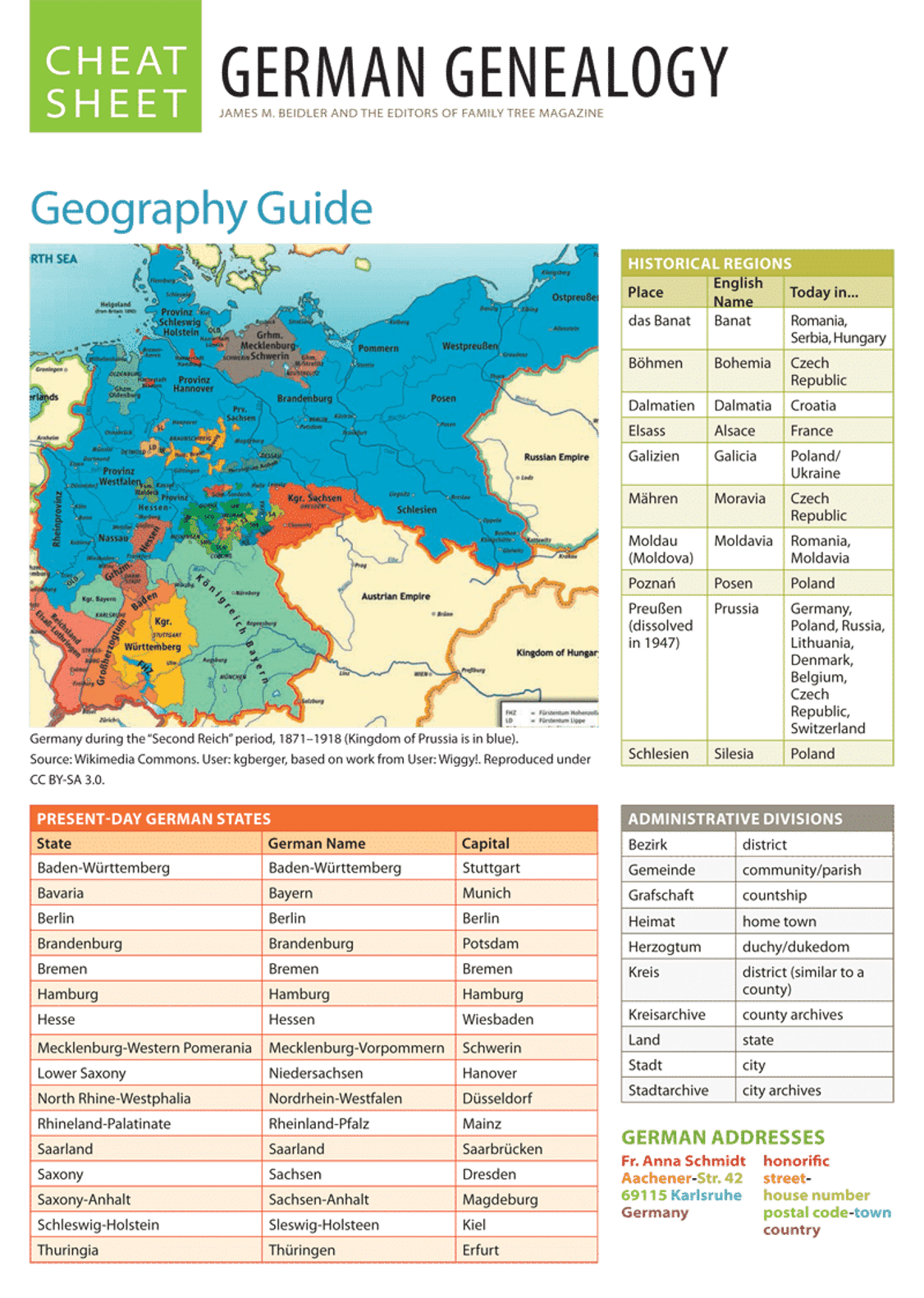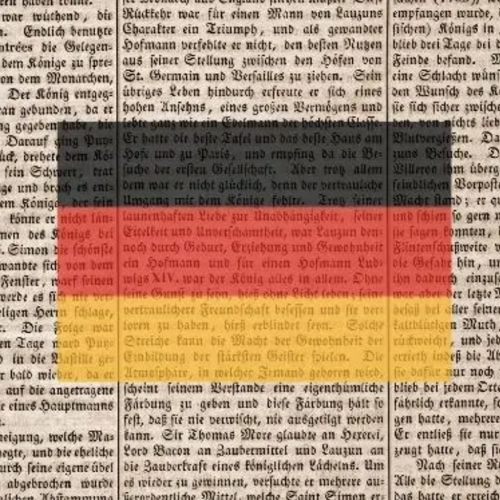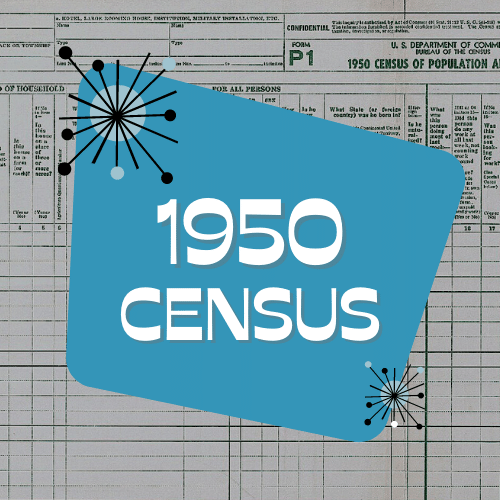| German Language Tips and Tools |
| When I began learning German about ten years ago, I was surprised by how many times I came across words that were very similar to their English equivalents. My curiosity about the topic soon led me to do a little research and I learned that while the Norman conquest of England brought about centuries of French influence, English is in fact a Germanic language and shares more close roots with German than it does with the Romance languages descended from Latin. That said, anyone researching German records knows that there are quite a few differences between English and German too. Here are a few pointers: - Nouns are always capitalized in German. This includes family terms like Bruder (brother) and Eltern (parents).
- German still uses extensive gender and case in its inflection, so the endings of adjectives, articles, and pronouns change depending on the nouns they are used with and the logical place in the sentence they are placed in. (For example: der Mond, die Katze, das Kind.)
- Word order in German sentences can be quite different from English as well; if there is more than one verb in a sentence, all of the verbs except for the first one get placed at the end of the sentence. Additionally, some verbs have a prefix that gets removed from the main part of the verb and placed at the end of the sentence by itself. Talk about confusing for an English speaker!
Being unfamiliar with the German language doesn’t have to limit you in your quest to find your German ancestors! Check out the extensive resources available from Family Tree Magazine including free German vocab lists, language guides and translation websites. |


















